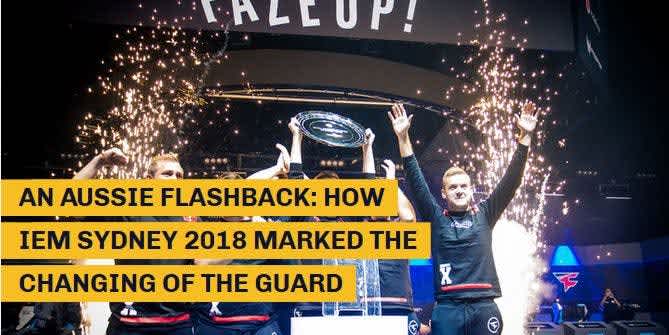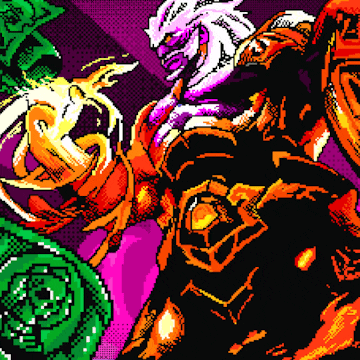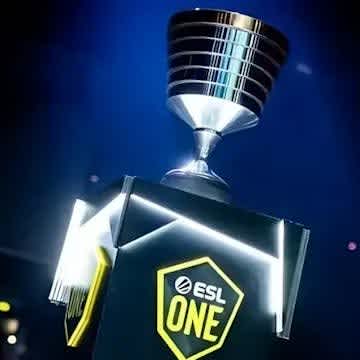Sydney suffers from the absence of the big boys
It seemed like no one bat an eyelid about the whole BLAST Pro kerfuffle until many of the top teams started to conspicuously skip out on certain big events to make good on their appearance commitments in the circuit. From a fan’s perspective, it’s bad enough that the best of CS:GO won’t meet under a strong tournament format until July (depending on the Pro League finals), or that most LAN winners will have to carry an asterisk above their results in this period: the real issue, as shown by IEM Sydney, is that teams can get into the playoffs of a big event without being tested in a meaningful manner, therefore devaluing the entire experience.
While we were fortunate enough that the close-fought rivalries and the fairly evenly matched sides delivered quite memorable playoff matches so far, it’s been somewhat underwhelming to chart the path of the different sides up until that point. With Renegades’ underperformance and FaZe Clan’s early exit due to visa issues, it feels like the teams that reached the playoffs were mostly untested until they got to the stage – something I rarely thought of when watching big events previously.

The most egregious example of this was Team Liquid, who only had to beat BOOT-d[S] and BIG to guarantee themselves a playoff spot. For further context, this is a team which only played in BLAST Pro events on LAN since the major (excluding the Pro League groups), where they’ve ended their run with an upset loss to ENCE. Now they made the grand final at a prestigious LAN event – and could conceivably win it – without facing anyone else from the top 6 bracket in the world. The fellow top teams' absence from so many big events is starting to feel detrimental to the scene.
Maybe we’ve been spoiled by the back-to-back-to-back clashes of the titans in the previous years of CS:GO where eras were forged over a short period of time but through enough events that you ended up facing your biggest rivals over and over again. Right now, it feels a lot more like the boxing world where many of the mega-matchups are mostly hypothetical.
A natural hierarchy between third-party tournaments is perfectly natural, and it would be determined based upon prize pools, prestige and format under normal circumstances. Instead, a set of loopy best-of-one events you can’t even properly follow at home is disrupting the entire circuit and interrupting the most impressive era CS:GO has ever seen.
Change can’t come soon enough.










